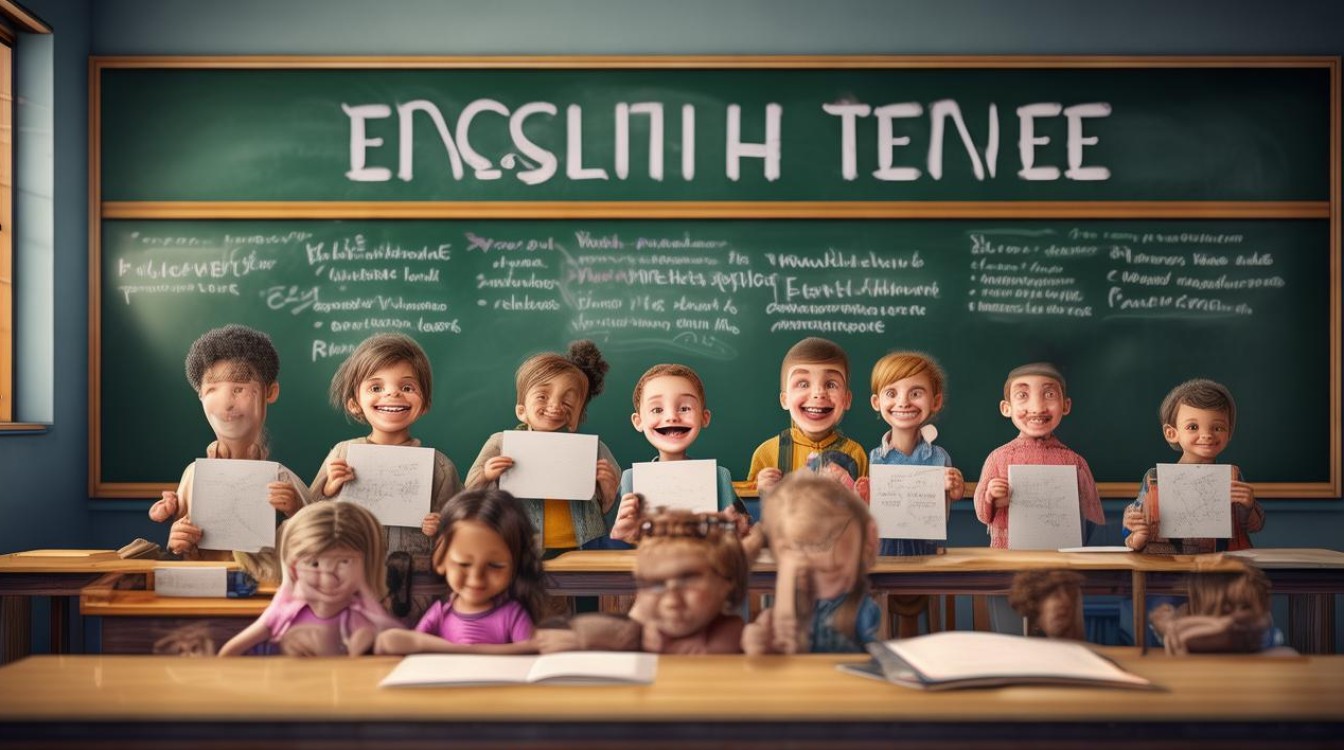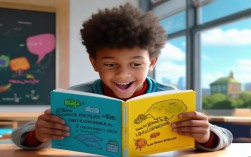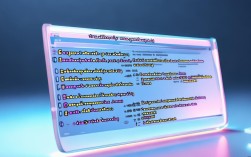时态趣味举例:一般现在时,“I often play basketball.”(我常打篮球);进行时,“He is reading now.
一般现在时
- 概念:表示经常发生的动作、存在的状态、客观事实或习惯性行为等。
- 趣味例句:
- The sun rises in the east and sets in the west.(太阳东升西落,这是自然规律,是客观事实,用一般现在时)
- Every morning, my cat sits beside my bed and waits for me to wake up.(每天早晨我的猫都坐在我床边等我醒来,描述习惯性行为)
- I usually eat an apple for breakfast.(我通常早餐吃一个苹果,习惯动作)
| 主语 |
动词形式 |
例句 |
| I/You/We/They |
动词原形 |
We often play football on the weekend. |
| He/She/It |
第三人称单数形式(加 -s 或 -es) |
She likes reading books in her free time. |
一般过去时
- 概念:表示过去某个时间发生的动作或存在的状态,常和表示过去的时间状语连用,如 yesterday(昨天)、last week(上周)、ago(以前)等。
- 趣味例句:
- Yesterday, I went to the zoo and saw a lot of interesting animals.(昨天我去动物园看到了很多有趣的动物,“went”和“saw”是一般过去时,描述过去发生的事)
- Last summer, my family went on a wonderful trip to the beach.(去年夏天我家去海滩度了个美妙的假,“went”体现过去时态)
- I met a famous actor in the street last Friday.(上周五我在街上遇到了一个著名演员,“met”为过去式)
| 主语 |
动词形式(规则动词加 -ed,不规则动词需特殊记忆) |
例句 |
| I/You/He/She/It/We/They |
worked(以 -ed 结尾的规则动词过去式示例,如 work 的过去式) |
I worked hard on my project yesterday. |
| He/She/It |
不规则变化,如 go went,see saw,eat ate 等 |
She sang a beautiful song at the party last night. |
一般将来时
- 概念:表示将来某个时间要发生的动作或存在的状态,常见的结构有“will + 动词原形”“be going to + 动词原形”等。
- 趣味例句:
- I will buy a new car if I win the lottery tomorrow.(如果我明天中彩票了,我会买一辆新车,用“will”表示将来意愿)
- They are going to have a big party to celebrate their wedding anniversary next week.(他们下周打算举办一个大派对来庆祝结婚周年纪念日,“are going to”体现计划好的将来动作)
- This evening, we will watch a movie at home.(今天晚上我们会在家看电影)
| 结构 |
例句 |
| will + 动词原形 |
I will visit my grandparents this weekend. |
| be going to + 动词原形 |
It's going to rain later. You should take an umbrella. |
现在进行时
- 概念:表示现在正在进行的动作或存在的状态。
- 趣味例句:
- Look! The boy is playing football on the playground right now.(看!那个男孩正在操场上踢足球,“is playing”强调此刻正在进行的动作)
- I am reading an interesting novel while listening to light music.(我一边听着轻音乐一边在读一本有趣的小说,描述正在进行的两件事)
- She is cooking dinner for her family at the moment.(她此刻正在为家人做晚餐)
| 主语 |
动词形式(be 动词 + 动词的现在分词形式,即 -ing 形式) |
例句 |
| I/You/He/She/It/We/They |
am/is/are + doing |
I am doing my homework now. |
过去进行时
- 概念:表示过去某个时刻或某段时间正在进行的动作。
- 趣味例句:
- At this time yesterday, I was taking a shower when the phone rang.(昨天这个时候,电话响的时候我正在洗澡,“was taking”体现过去某一时刻正在进行的动作)
- They were watching a movie when suddenly the power went out.(他们正在看电影的时候突然停电了,描述过去正在进行动作时发生的另一件事)
- Last night, I was sleeping soundly while my neighbor was having a big argument.(昨晚我睡得正香,而我的邻居却在大声争吵,对比两个过去正在进行的动作)
| 主语 |
动词形式(was/were + 动词的现在分词) |
例句 |
| I/He/She/It |
was + doing |
He was studying when I came in. |
| We/You/They |
were + doing |
They were playing cards when I called them. |
现在完成时
- 概念:表示过去发生的动作对现在造成的影响或结果,或者从过去一直持续到现在的动作或状态,常与 already(已经)、yet(还)、ever(曾经)、never(从未)等词连用。
- 趣味例句:
- I have finished my homework, so I can watch TV now.(我已经完成了作业,所以现在我可以看电视了,“have finished”体现过去完成作业对现在能看电视的影响)
- She has lived in this city for ten years, so she knows it very well.(她在这个城市住了十年了,所以对它很熟悉,表示从过去持续到现在的状态)
- Have you ever been to Paris? It's a beautiful city.(你曾经去过巴黎吗?那是个美丽的城市,询问过去的经历对现在的影响)
| 主语 |
动词形式(have/has + 动词的过去分词) |
例句 |
| I/You/We/They |
have + done |
We have cleaned our classroom already. |
| He/She/It |
has + done |
She has written a famous novel. |
过去完成时
- 概念:表示在过去某一时间或动作之前已经完成的动作,即“过去的过去”,常和 by(到……为止)、before(在……之前)等词连用,也常出现在含有宾语从句的复合句中。
- 趣味例句:
- By the time I got to the station, the train had already left.(当我到达车站的时候,火车已经开走了,“had left”发生在“got”这个过去动作之前)
- She said she had seen the movie before and didn't want to see it again.(她说她之前已经看过这部电影了,不想再看了,“had seen”是相对于“said”这个过去动作更早完成的动作)
- When I arrived at his house, he had gone out.(我到他家的时候,他已经出去了)
| 主语 |
动词形式(had + 动词的过去分词) |
例句 |
| I/You/He/She/It/We/They |
had + done |
They had built a new bridge before the flood came. |
FAQs
问题 1:一般现在时和现在进行时有什么区别?
解答:一般现在时侧重于表示经常发生的动作、习惯、客观事实等,I usually get up at seven o'clock.”(我通常七点起床),强调的是日常的规律,而现在进行时强调的是此时此刻正在进行的动作,I am getting up now.”(我现在正在起床),突出动作在当下的进行状态。

问题 2:现在完成时和一般过去时怎么区分?
解答:一般过去时只是单纯地描述过去某个时间发生的动作或存在的状态,时间点很明确,I visited Beijing last year.”(我去年参观了北京),重点在过去一年那个动作,而现在完成时更强调过去的动作对现在产生的影响或结果,或者动作从过去一直延续到现在,像“I have visited Beijing twice.”(我去过北京两次),强调的是经历以及对现在的影响,可能下次再去就会更熟悉之类的;或者“He has lived here for five years.












